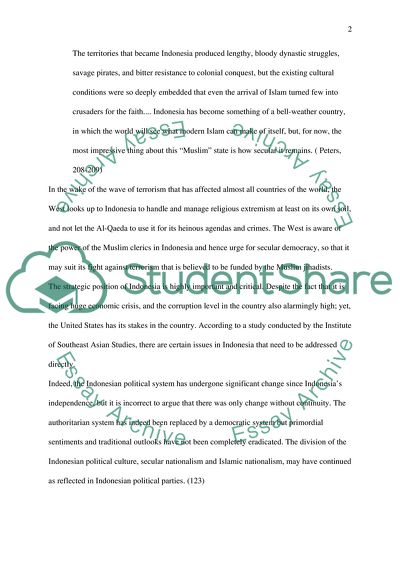Cite this document
(“The Making of Indonesia Research Paper Example | Topics and Well Written Essays - 1750 words”, n.d.)
Retrieved from https://studentshare.org/geography/1437171-the-making-of-indonesia
Retrieved from https://studentshare.org/geography/1437171-the-making-of-indonesia
(The Making of Indonesia Research Paper Example | Topics and Well Written Essays - 1750 Words)
https://studentshare.org/geography/1437171-the-making-of-indonesia.
https://studentshare.org/geography/1437171-the-making-of-indonesia.
“The Making of Indonesia Research Paper Example | Topics and Well Written Essays - 1750 Words”, n.d. https://studentshare.org/geography/1437171-the-making-of-indonesia.


